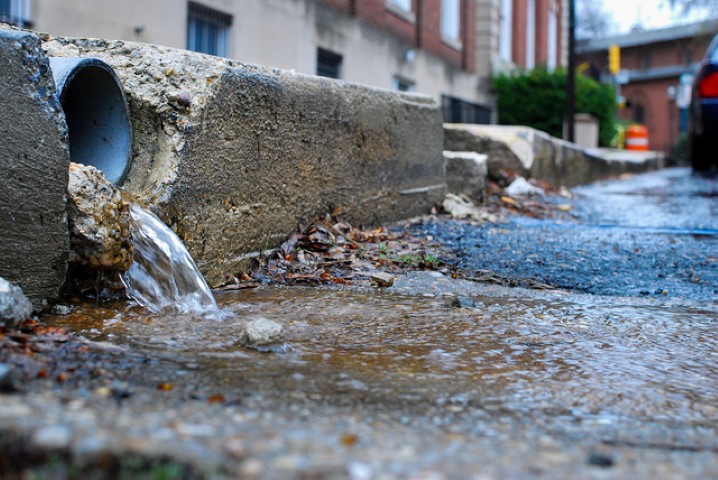Electric bill, gas bill, water bill ... stormwater bill?
Communities in Illinois have increasingly turned to a user fee system for funding stormwater programs. But why now? The history of this funding tool and the factors that drove its popularity have taken shape over the last 20 years.

Stormwater as User Fees
Typically, the stormwater program is paid for with local taxes. Stormwater is the only major Utility in Illinois that is not typically paid for through user fees. You are probably aware that when you pay your water bill, the fee is used to maintain and upgrade the infrastructure necessary to provide water to your home. Similarly, the city or town where you live maintains a network of storm sewers and ditches to drain stormwater safely away from your home. The stormwater user fee concept was developed so that local governments could create a separate fund for maintaining stormwater systems that is paid for through user fees. Dozens of communities across the state have changed to the user fee system for their stormwater programs.
But why now?
Over the last several decades, the patterns and timing of rain has been changing. You have probably heard the complaint, “Why do they call it the 100-year rainstorm when it happens every year?” Illinois is seeing flooding more often. And it’s not just the floodplain or river systems. While river flooding remains an issue, many of the storms that have caused significant damage over the past 15-years are shorter and more intense, which is a problem for small storm sewer systems in urban areas. And these are the systems that local governments own and maintain. Because of the increase of heavy rain, flooding is becoming more common and that is the main reason local communities seek alternative methods for funding their programs.
Why it works
Stormwater user fees create a dedicated source of revenue to pay for the maintenance and improvement of stormwater infrastructure. Each community determines the amount needed to run a successful stormwater program and charges user fees accordingly. The fees are assessed based on the burden property owners place on the stormwater system. It’s a straightforward approach to paying for infrastructure that provides transparency to community members. And it gives local governments the funding needed to address flooding and maintain stormwater infrastructure, which improves the quality of life and property values for community members.
 Jeff Macke is a Project Engineer at Fehr Graham. He helps clients
Jeff Macke is a Project Engineer at Fehr Graham. He helps clients
with master planning, flood mitigation, stormwater site design, stream
restoration, and transportation drainage projects. He can be reached
at
Collaborative, Insightful, Results-Driven Solutions
Fehr Graham provides innovative engineering and environmental solutions to help improve the lives and communities of our customers.
